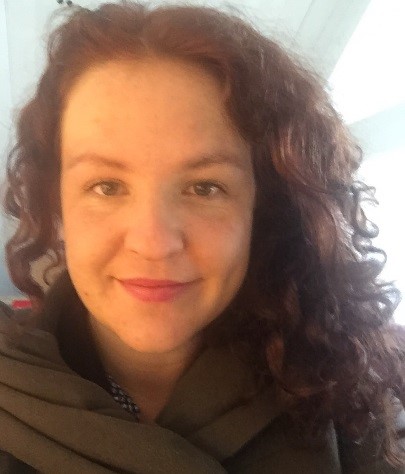Kelly Rosenthal: Social anthropologist
March 24th, 2020
International Honors Program: Cities in the 21st Century
During Women's History Month, SIT is spotlighting some of our extraordinary academic and program directors across the globe who are making history today through their thinking, their words, and their actions.

What is your academic discipline and what inspired you to pursue it?
I am a social anthropologist. I fell in love with this discipline as an undergraduate because it is a profound way of understanding the lives of others, ourselves, and the world we live in.
While studying at the University of Cape Town, one of my professors, Susan Levine (who is an IHP alumnus from 1986!) taught me the research method of life history interviews. I started interviewing anyone who would let me – including people who worked on my campus as cleaners, grounds staff, catering staff. Through their stories, I quickly understood something that had been invisible to me before then: that my university was exploiting these people, and they were suffering.
Together with other students, I started and ran a campaign to pressure the university administration to bring its employment conditions in line with its public mission statement of attempting to redress the injustices of apartheid. That experience changed my whole life trajectory. It embedded in me a deep understanding that the curiosity and openness which social anthropology requires of you can make the invisible visible and help you move through the world with your eyes open to injustice and opportunities to try to remedy it.
Who is your hero and why do you admire her?
I don’t have a famous hero. Since becoming a mother myself, I hold deep admiration for women who are raising their children in circumstances of insecurity, instability and precarity. There can be no greater heroes than these women.
Why do you teach?
I teach because my own intellectual and political life was shaped by the commitment, thinking, and mentoring of my own teachers and I wish to pass that extraordinary gift on. I believe that ideas and teaching relationships can transform young people in the same way I was transformed by my own teachers.
I teach because it is my political commitment to helping young people gain the lifelong tools of critical thinking, analysis and a hunger to understand the world they live in.
I also love the process of learning and teaching – which always goes both ways between students and educators. Watching my students finding ways to connect theory and experience and transform that into analysis is one of the great joys of my life. Similarly some of my most profound lessons have come from working with students.
What advice would you offer young women?
In work, pursue and push your own limits of excellence, and don’t allow yourself to make excuses. It’s unlikely that you will make it through your professional life without ever being asked to prove yourself in ways that men will not be. Ground yourself in the knowledge that your work is your best. Be open to learning from others, learn to accept that you will make mistakes, and develop the skills needed to take feedback and come back better.
In life, make sure that your days contain things that bring you joy. For me, it's swimming and reading poetry and novels.
When you go down in history, what do you want to be known for?
